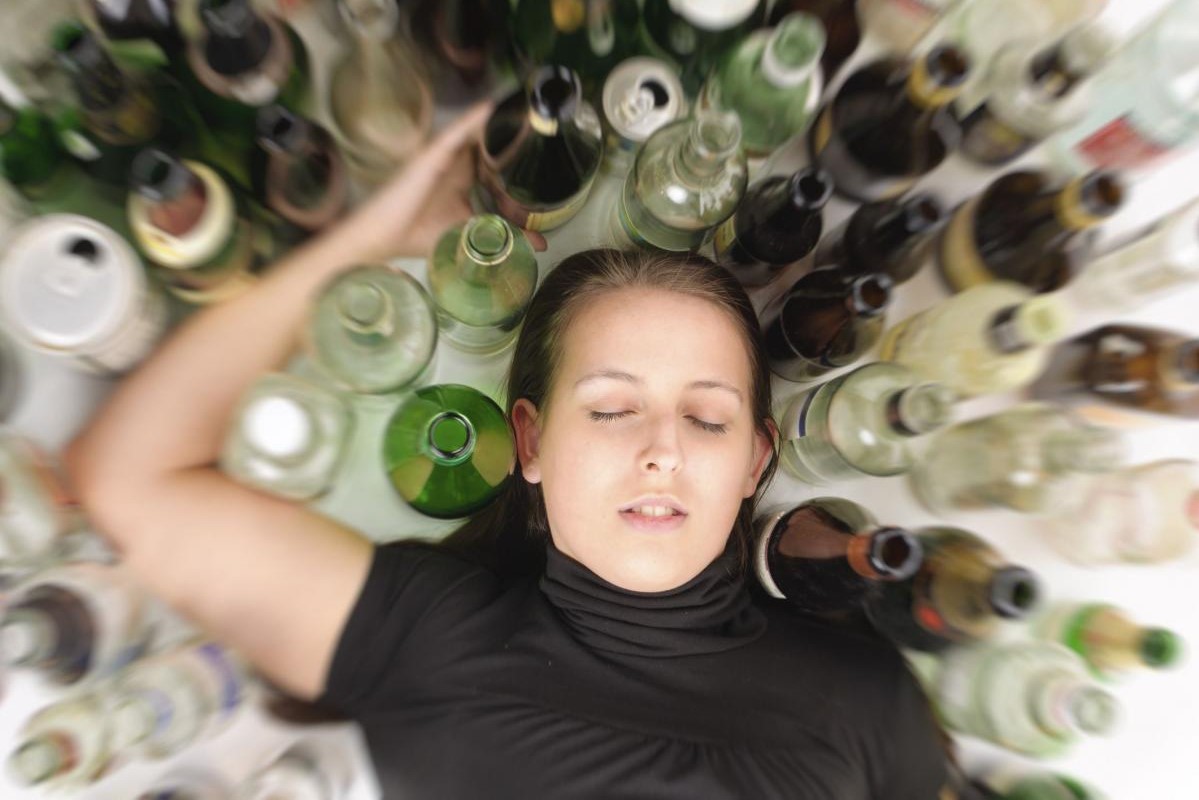
Delirium tremens - Causes, symptoms and treatment
Delirium tremens is an acute psychotic syndrome that may occur in individuals with chronic alcoholism or as a withdrawal syndrome due to the abrupt discontinuation of benzodiazepine and barbiturate drug treatments
In the latter case, it usually occurs when the patient is forced to stop taking alcohol due to illness or hospitalisation.
It may happen in such cases that a violent symptomatology develops in such individuals, causing delusions and violent tremors: hence the name – delirium tremens.
What are the causes? How do we realise who is suffering from delirium tremens?
It is likely that delirium tremens appears in connection with toxicological damage to the entral nervous system, reduced detoxifying function of the liver and alterations in the wake-sleep rhythm.
The mechanism still remains completely unclear and may also depend on the loss of the sedative effect of alcohol.
The most accepted explanation is that delirium tremens is the manifestation of a severe withdrawal crisis in an organism long accustomed to living with a high blood alcohol level.
The organism’s metabolism under these conditions would adapt to constant alcohol intake, both at the peripheral level and, above all, at the level of the production and destruction of chemical mediators in the nervous system.
Alcohol acts as an inhibitor against these mediators, which, in the long run, would be produced to a greater extent than normal for a kind of adaptive compensation phenomenon.
An abrupt fall in alcohol would thus lead to a situation of excess of alcohol-inhibited mediators, which would give rise to the syndrome known as delirium tremens.
Not all physicians agree with this theory on the origin of the disease
Delirium tremens manifests itself with symptoms such as generalised tremors, profuse sweating, fever, acceleration of the heart rate, agitation, mental confusion, dehydration (if one pinches the skin, a plica forms that persists abnormally), delirium with hallucinations, dyspepsia and dehydration.
Some premonitory signs are mood disorders, anxiety, restlessness, tremors, anorexia, nausea, vomiting, insomnia and night terrors.
Delirium tremens occurs suddenly and is characterised by anguish, confusion, delirium, memory and speech disorders.
The symptoms usually occur 24-36 hours after the last alcohol intake, in a prodromal phase characterised by tremors and agitation without delirium.
During delirium tremens the patient may be at serious risk: consequences of dangerous acts (e.g. defenestration), dehydration that may lead to cardiovascular collapse and the onset of a severe encephalopathy, called Gayet-Wernicke encephalopathy, from vitamin B1 deficiency.
Delirium tremens usually resolves within a few days, but can lead to death from cardiovascular collapse.
Alcohol-induced delirium tremens, if not treated promptly, can lead to bronchopulmonary infections and severe central nervous system lesions.
Treatment of delirium tremens
Treatment requires hospitalisation, sedation, control of cardiorespiratory status and water-salt balance.
Treatment usually includes the administration of hypnotics and tranquillisers, infusion of nutritional fluids to normalise metabolism, as well as psychological support and continuous observation of the patient, who should never be left alone.
The treatment of delirium tremens is based on intensive rehydration of the patient by intravenous perfusion, the administration of sedative drugs (anxiolytics) by injection, and hospital surveillance.
The intake of vitamin B1 helps prevent the onset of encephalopathy. Ensure good rehydration and administer oral sedatives in situations of voluntary or forced alcohol withdrawal.
Read Also:
Emergency Live Even More…Live: Download The New Free App Of Your Newspaper For IOS And Android
Alcoholic And Arrhythmogenic Right Ventricular Cardiomyopathy
Brain Diseases: Types Of Secondary Dementia
Delirium And Dementia: What Are The Differences?
What Are The Initial Symptoms Of Dementia?


